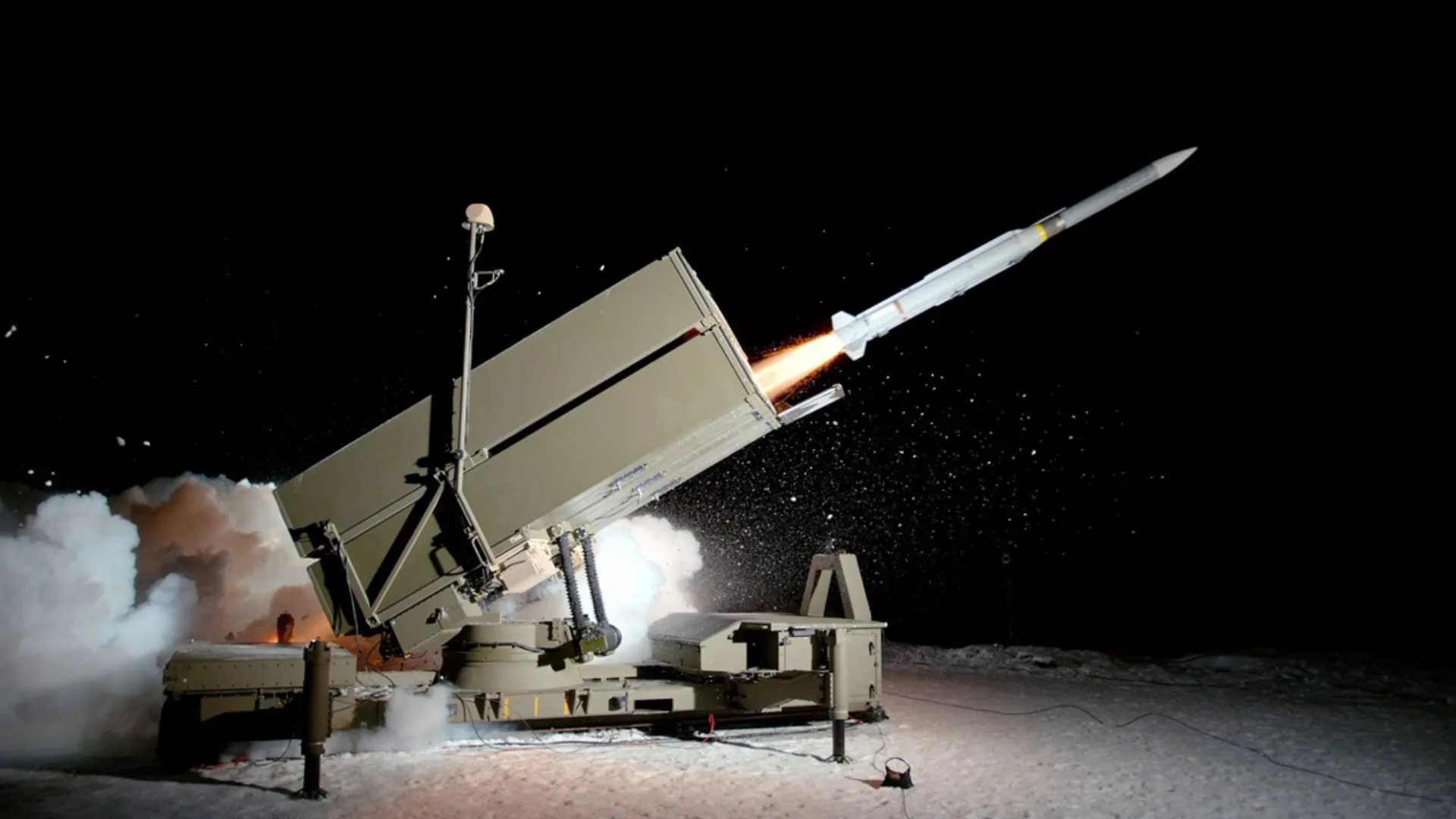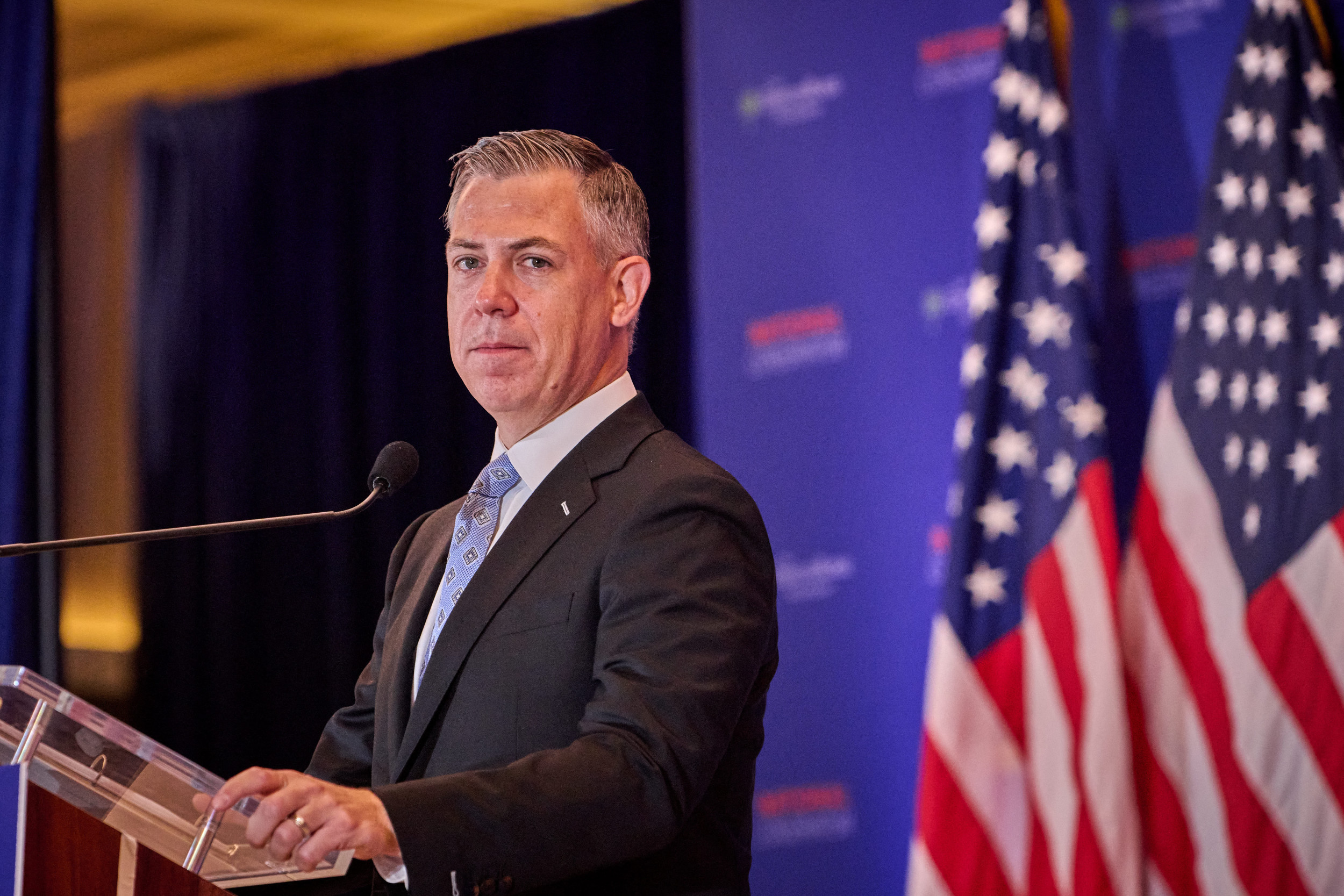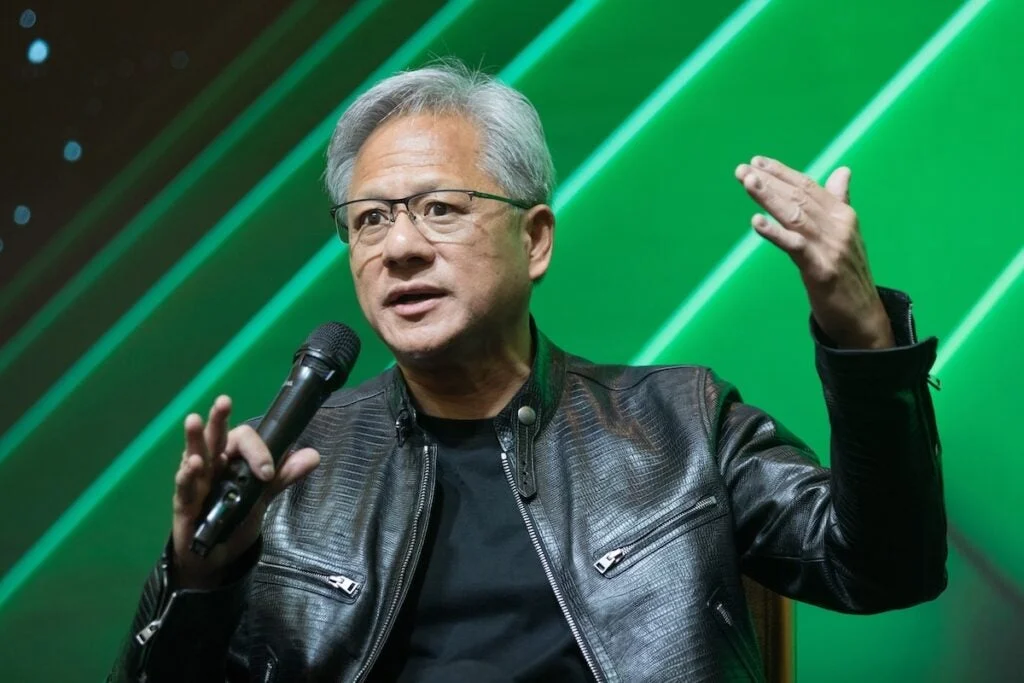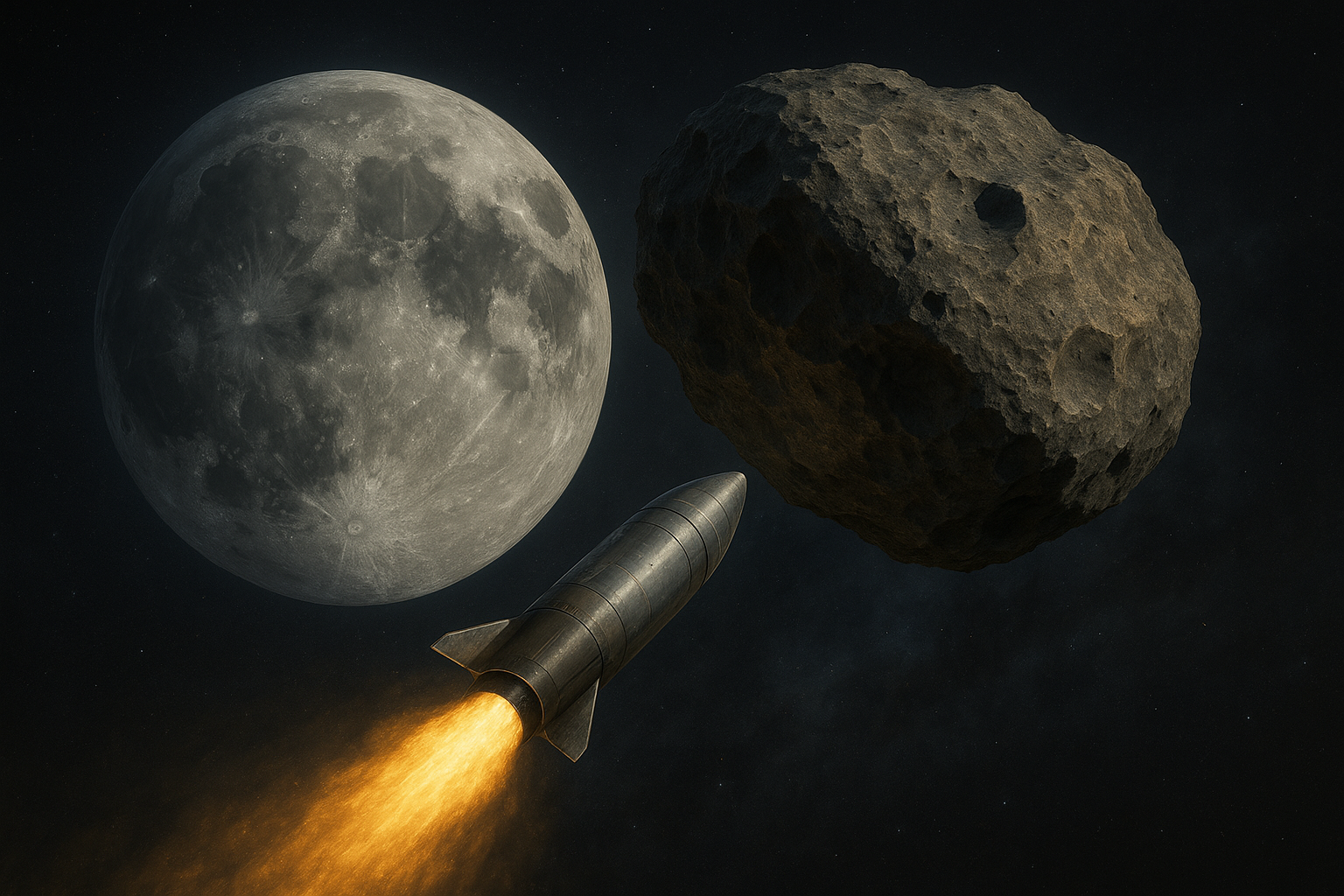By Bloomberg
Copyright scmp
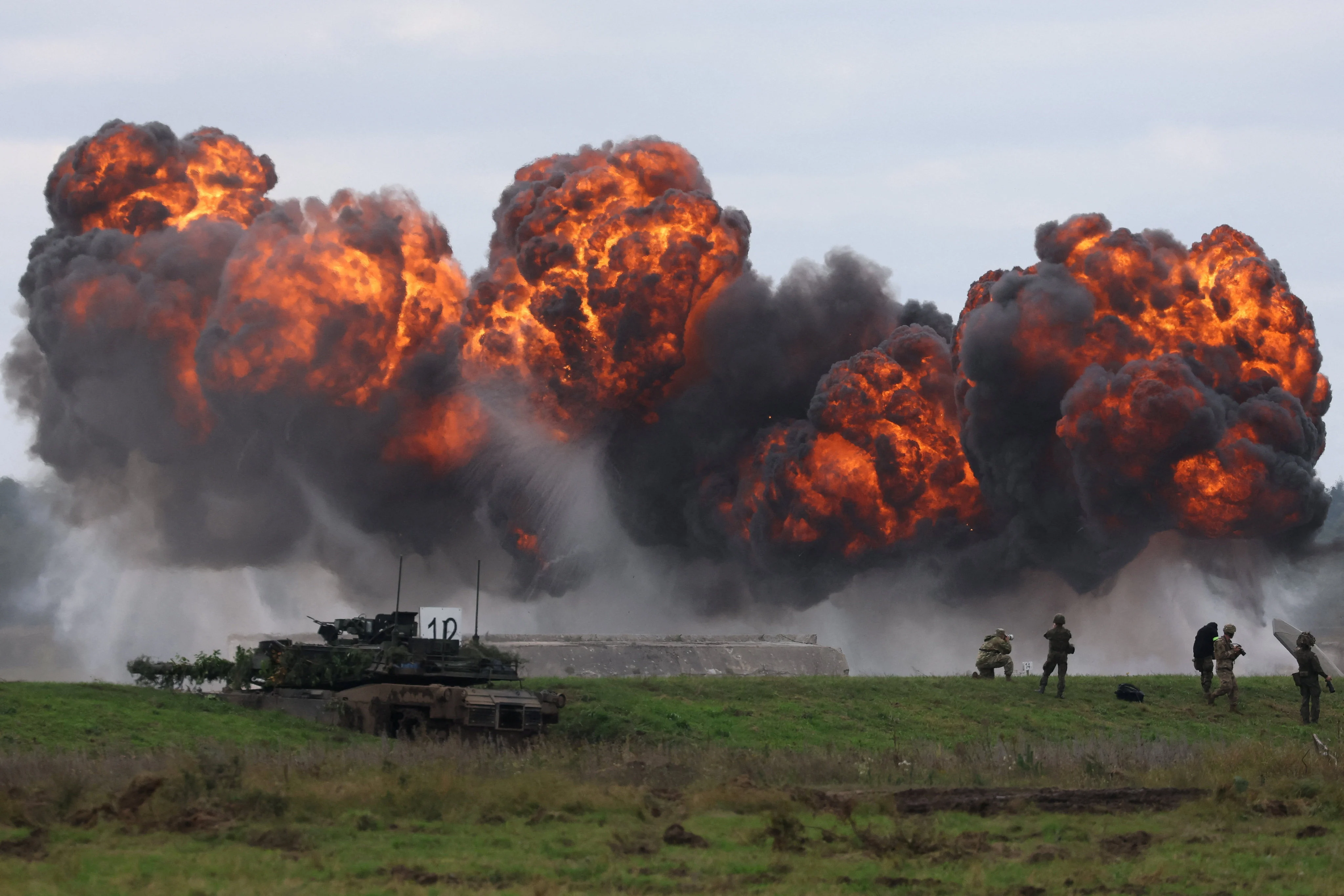
Western militaries cannot keep shooting down incoming drones with expensive missiles, Nato Secretary General Mark Rutte said on Thursday, adding that Nato is rapidly learning from Ukraine on how to counter Russian drones and will deploy new technologies in the coming weeks.
“It is not sustainable that you would take down thousand or two-thousand dollar costing drones with missiles that cost you maybe half a million or a million dollars,” Rutte said in an interview. “All of us are rapidly developing the technologies and learning from Ukrainians.”
Asked if Nato was lacking the adequate equipment, Rutte said “in the short term, yes”, adding that Nato was learning from the Ukrainians and rapidly developing technology to roll out in coming weeks.
Rutte said the effort was meant to ensure that “next to the more traditional way to deal with this, we have this interceptor technology at our hands”.
Nato countries have faced a series of violations by Russian jets and drones in recent days, incidents that posed an unprecedented test of the alliance’s credibility just as Moscow is intensifying attacks on Ukraine’s civilian infrastructure as well.
For the past few days, allies have publicly disagreed about what to do about Russian jets crossing into Nato airspace: shoot them down or not. But at a tense meeting in Moscow, European diplomats warned the Kremlin this week that Nato is ready to respond to further violations of its airspace with full force, including by shooting down Russian planes.
Rutte declined to comment on those conversations but acknowledged “this type of messaging” happening “all the time” informally. But he called recent drone incursions in Denmark “very worrying”. The government there is probing potential Russian involvement.
“When it comes to fighter jets, that is not new. It’s bad, it should stop, but our pilots know what to do and if necessary they can do the ultimate,” he said.
Russian officials have denied their planes crossed into Estonian airspace and insisted that they are not trying to test Nato. They also said another incident during which drones crossed into Poland was an error.
Rutte welcomed as “fantastic” US President Donald Trump’s statement saying President Volodymyr Zelensky’s military could reclaim all territory lost in its war with Russia with help from the European Union. About Trump calling Russia a “paper tiger”, he said it “hit a nerve in the Kremlin and potentially at the highest level”.
“Somehow we have not been able yet to get them to the table,” Rutte said. “And there should be a table, not in Russia, but somewhere in the world, where at least Zelensky and Putin are sitting down and discussing the difficult issues, how to end the war.”
Rutte spoke after a several-week stretch that has posed a major test for his leadership. The transatlantic security alliance’s Article 4, which triggers consultations over a perceived threat, has only been invoked nine times since the alliance was founded in 1949 – and two of those instances were this month, following the incursions into Poland and Estonia.
At the Nato summit in June, Rutte got Europe and Canada to pledge to spend 5 per cent of gross domestic product on defence, handing Trump a major win in exchange for a strong statement of support for the alliance.
Rutte said Trump had been good for the alliance given his pressure on member states to boost military spending.
“I am always confident about Nato, but I think President Trump coming into office has really helped,” Rutte said. He said the goal now was to put fresh pressure on President Vladimir Putin “so he will come to the table and I’m confident we will get there”.
“The president’s efforts are extremely important,” Rutte said.
